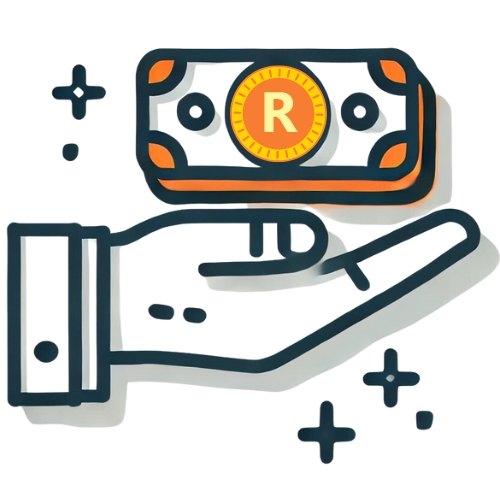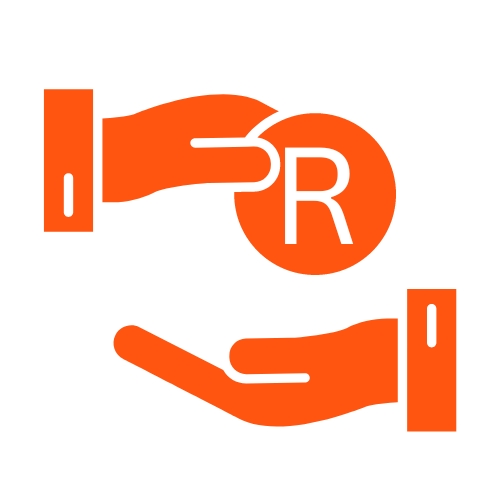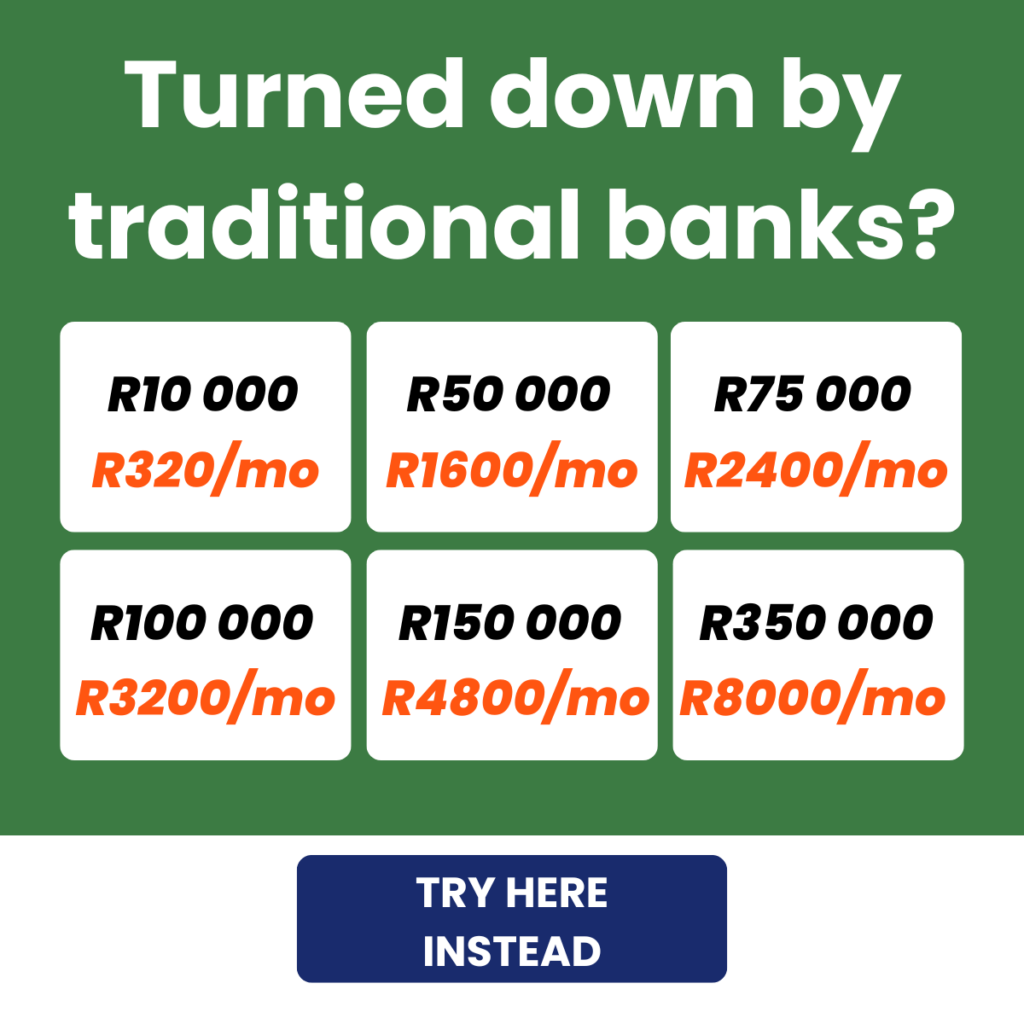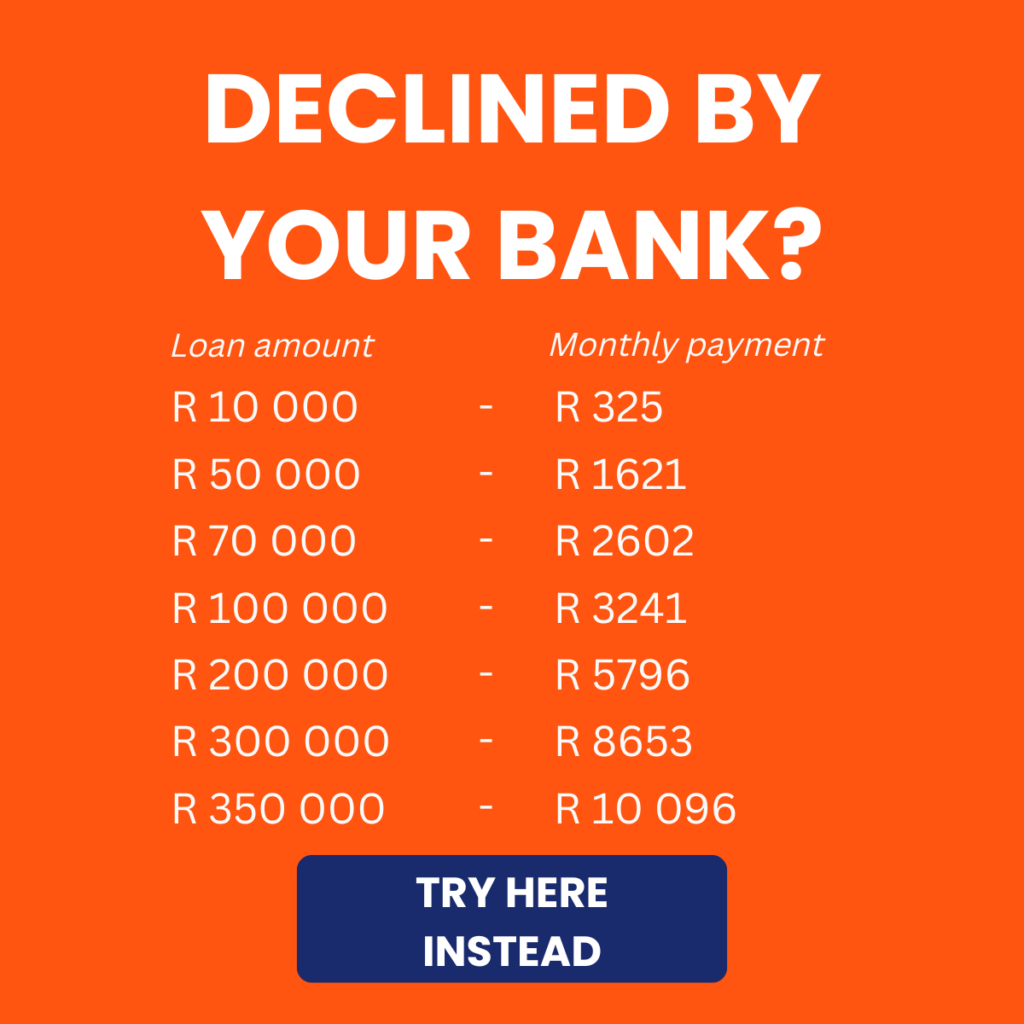
Having access to a bank account is often considered a prerequisite for securing a loan, as it provides lenders with a way to assess your financial stability and manage repayments. However, many individuals face barriers to opening a bank account, whether due to lack of documentation, affordability issues, or living in remote areas without access to formal banking services. Despite these challenges, some financial institutions and alternative lenders offer solutions for those without traditional banking. But is it truly possible to secure a loan without a bank account, and what options are available for South Africans in this situation?
Key Takeaways
- Alternatives to bank accounts: South Africans without a bank account can access financial solutions through microfinance institutions, stokvels, South African Postbank, and mobile money services, which provide tailored options for unbanked individuals.
- Considerations when applying for loans: When seeking loans without a bank account, borrowers should carefully compare interest rates, repayment terms, and fees across providers to ensure they find a suitable and cost-effective option.
- Risks and benefits of non-bank loans: While loans without a bank account offer quick access to cash and avoid bank interactions, they may involve higher interest rates, smaller loan amounts, and the risk of data breaches when using online platforms.
Why Lenders Require a Bank Account
Banks and financial institutions often insist on a bank account for prospective borrowers. This requirement acts as evidence that the borrower receives regular income. Additionally, it reassures lenders that the applicant poses a lower credit risk and has the means to repay the loan.
A bank account also reflects the applicant’s financial responsibility, demonstrating that they can manage their finances through a formal banking system. For individuals with variable income, such as freelancers or entrepreneurs, banks typically request recent bank statements to assess financial stability. This allows lenders to gauge the borrower’s ability to meet repayment obligations.
Another key reason is the role of bank accounts in loan disbursement. Lenders use these accounts to transfer loan funds directly to the borrower. This method is quicker, more efficient, and more secure than issuing a cheque or requiring borrowers to collect funds in person.
While having a bank account might not always be required, there are still several standard criteria you’ll need to meet to qualify for a loan. Check out Typical Personal Loan Requirements to understand what lenders usually look for.

Can You Obtain a Loan Without a Bank Account?
It is possible to secure a loan without holding a bank account. However, the available options are generally restricted to short-term loan arrangements that typically feature smaller loan amounts. In contrast, loans with extended repayment periods and larger loan limits are more difficult to access in such cases.
For individuals without bank accounts, lenders often impose stricter requirements. This typically involves providing alternative forms of proof to verify income and assess the applicant’s ability to meet repayment obligations.
Wondering how long the approval process takes for non-traditional loans? Check out our detailed guide on How Long Does a Loan Take to Approve? for insights into timelines and requirements.
About Arcadia Finance
Arcadia Finance makes securing your loan seamless and stress-free. With zero application fees and a network of 19 compliant lenders, we provide reliable, tailored financial solutions backed by South Africa’s National Credit Regulator standards.
Alternatives for South Africans Without Bank Accounts
Many South Africans face challenges accessing formal banking services, but there are several financial alternatives available to meet their needs. These options are tailored to individuals without traditional bank accounts and are often more accessible within local communities.
Microfinance Institutions
Microfinance institutions (MFIs) are a reliable option for individuals without a bank account. These organisations provide small loans designed to support personal needs or business ventures. MFIs typically do not require a bank account, offering flexible repayment terms and focusing on financial inclusion. They serve as a bridge for borrowers who may not meet the criteria of traditional banks.
Stokvels and Informal Savings Groups
Stokvels and similar savings groups are deeply rooted in South African communities. These collective savings schemes allow members to pool funds for various purposes, including emergencies or planned expenses. Some stokvels also offer loans to their members, making them an effective alternative to formal banking services. Their community-based nature ensures trust and accountability among participants.
South African Postbank
The South African Postbank provides basic financial services to individuals without the need for a traditional bank account. It is a government-backed option that caters to underserved populations, offering accessible savings and transaction solutions. Additionally, Postbank products are available at post office branches, which are often located in areas where formal banks are less prevalent.
Cash-Based Loan Providers
Certain lenders in South Africa specialise in offering loans without requiring a bank account. These providers may use alternative methods to verify income, such as payslips or proof of employment, and often disburse funds in cash. While convenient, borrowers should carefully review terms and interest rates to avoid high costs.
Mobile Money Services
Mobile money platforms like MTN MoMo and Vodacom M-Pesa have revolutionised financial accessibility for unbanked South Africans. These services allow users to send and receive money, pay bills, and even apply for small loans, all without a bank account. They provide a secure and convenient way to manage finances using a mobile device.
Community-Based Lending
In rural areas and tight-knit communities, informal lending networks are often available. These include small-scale lenders or cooperative societies that provide loans based on trust and mutual agreement. While these solutions are more flexible, it is essential to approach them with caution and fully understand the repayment conditions.
For South Africans without a bank account, exploring these alternatives ensures access to essential financial services while avoiding complete exclusion from the economy. However, borrowers should remain vigilant about terms, fees, and lender credibility to ensure responsible borrowing.

Cash Loan Providers in South Africa
For South Africans without a bank account, several lenders offer cash-based loan options designed to meet short-term financial needs. These providers focus on accessibility and flexibility, catering to individuals who may not qualify for traditional banking services. However, it is essential to carefully evaluate each option to ensure the loan aligns with your financial circumstances and repayment ability.

Cash-Based Loan Providers
Cash-based loan providers specialise in offering quick, unsecured loans to individuals without requiring a bank account. These loans are often approved within a short timeframe and are disbursed in cash. While they provide immediate financial relief, borrowers should be aware that these loans typically carry higher interest rates compared to traditional bank loans.

Pawn Shops
Pawn shops offer another alternative for South Africans seeking cash loans without a bank account. Borrowers can use personal assets such as jewellery, electronics, or other valuable items as collateral to secure a loan. While this option does not require proof of income, the loan amount is directly tied to the value of the collateral provided. Borrowers should also be mindful that failure to repay the loan on time may result in losing their pledged assets.

Microlenders
Microlenders are another viable option for individuals without bank accounts. These lenders often provide small, short-term loans tailored to the needs of low-income earners or those with limited financial resources. Microlenders may require alternative forms of income verification, such as payslips or proof of employment, and offer flexible repayment terms. However, borrowers should compare interest rates and fees across different microlenders to find the most cost-effective solution.
Considerations When Choosing a Cash Loan Provider
When evaluating cash loan providers in South Africa, it is critical to focus on the following factors:
- Interest Rates: Higher rates are common for cash loans, so comparing rates across providers can help minimise costs.
- Repayment Terms: Understand the repayment schedule and ensure it is realistic given your income and expenses.
- Fees: Be aware of any upfront or hidden fees that may increase the total cost of the loan.
- Lender Reputation: Choose a lender registered with the National Credit Regulator (NCR) to ensure you are dealing with a legitimate and compliant financial institution.
By carefully reviewing these aspects, South Africans without bank accounts can access cash loans in a way that meets their financial needs while avoiding unnecessary risks.
Advantages and Disadvantages of Obtaining Loans Without a Bank Account
Advantages
- Avoid Dealing Directly With Banks: Opting for lenders that provide quick loans without requiring a bank account eliminates the need to interact with traditional banking institutions. This removes the pressure of answering numerous questions from bank officers. In most cases, you only need to complete an application form and provide the necessary documents to proceed.
- Convenient Online Processing: Modern mobile applications and online platforms now enable borrowers to apply for easy loans without a bank account. This allows you to complete the process from home, saving time and effort. There is no need to visit a physical branch, making the entire experience more convenient.
- No Requirement for Collateral: While this may vary depending on the lender, many loan providers do not require collateral. For instance, online lenders generally do not demand that borrowers pledge personal assets in exchange for the loan. This makes borrowing more accessible, particularly for those without significant property or financial resources.
Disadvantages
- High Interest Rates: Loans that do not require a bank account are often unsecured, as they do not demand collateral. As a result, lenders may charge higher interest rates, leading to increased repayment costs. In many cases, these rates exceed those associated with traditional bank loans.
- Collateral May Be Necessary: Certain types of quick loans without a bank account may require collateral as a condition for approval. For example, pawn shops might demand an item of value to secure the loan, providing the lender with reassurance that the borrowed amount will be repaid.
- Smaller Loan Amounts: Applicants seeking an easy loan online without a bank account should be prepared for lower borrowing limits. These loans typically offer smaller amounts compared to traditional loans. However, some lenders may increase the credit limit for borrowers who demonstrate reliable repayment behaviour over time.
Conclusion
Obtaining a loan without a bank account is a viable option for many South Africans facing unexpected financial challenges. While there are various alternatives available, such as microfinance institutions, pawn shops, and mobile money platforms, it’s important for borrowers to consider the associated risks, including higher interest rates, smaller loan amounts, and the possibility of data breaches. By comparing loan providers and carefully reviewing terms and conditions, individuals can make informed decisions that best suit their financial needs, ensuring they borrow responsibly and avoid unnecessary costs.
Frequently Asked Questions
Yes, there are several loan providers in South Africa that cater to individuals without bank accounts, including microfinance institutions, pawn shops, and mobile money services like MTN MoMo and Vodacom M-Pesa.
Yes, loans without a bank account often come with higher interest rates, as they are typically unsecured and may involve higher risks for lenders.
It depends on the lender. Some providers, like pawn shops, may require collateral, while others, particularly online micro-lenders, might not ask for any collateral.
Mobile money services such as MTN MoMo and Vodacom M-Pesa allow users to apply for small loans and receive funds directly to their mobile accounts, without needing a bank account.
The main risks include higher interest rates, smaller loan amounts, and the potential for data breaches if personal information is shared on untrustworthy platforms. Always verify the lender’s credibility before borrowing.





